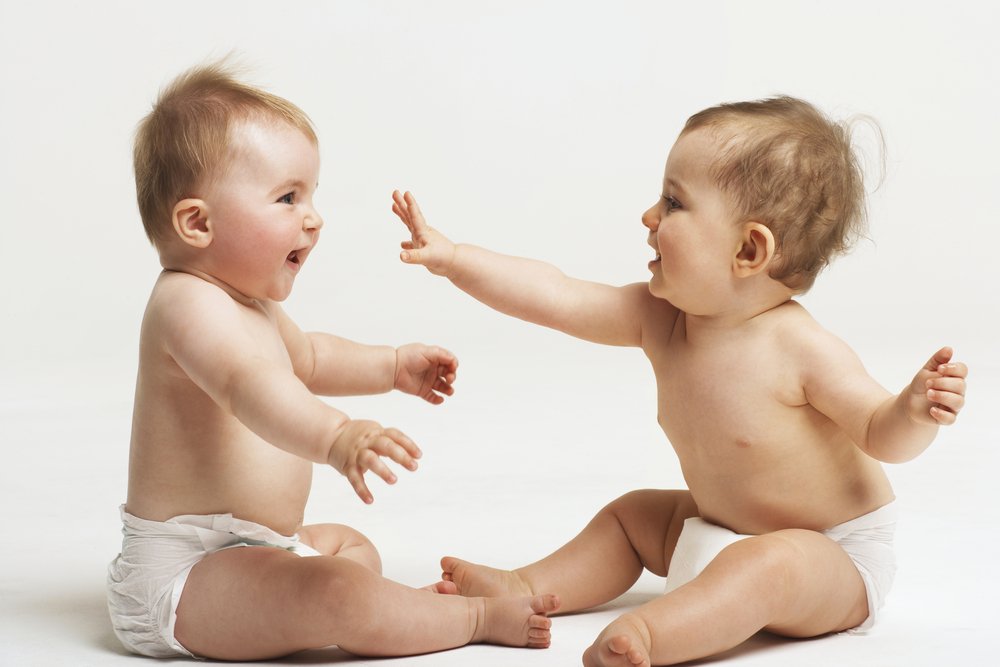
How do babies build social skills?
Key points: Babies begin to communicate through crying and responding to their needs helps them become more efficient at communicating….
[cat_cust_menu]

Key points: Babies begin to communicate through crying and responding to their needs helps them become more efficient at communicating….
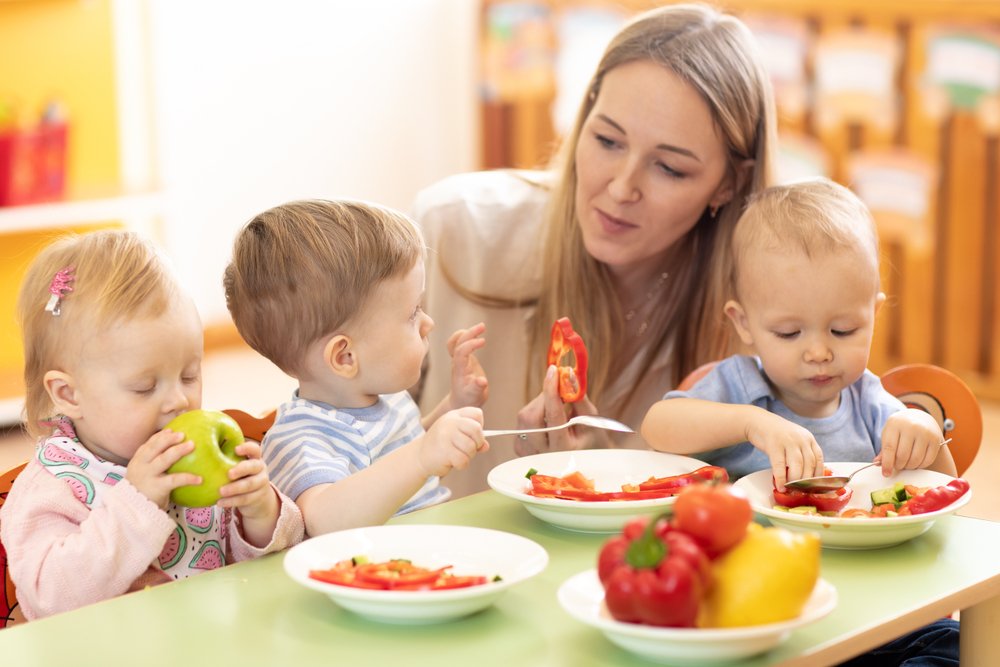
Introducing solids to a baby is very exciting. And since we use the same parts of our mouth for eating…
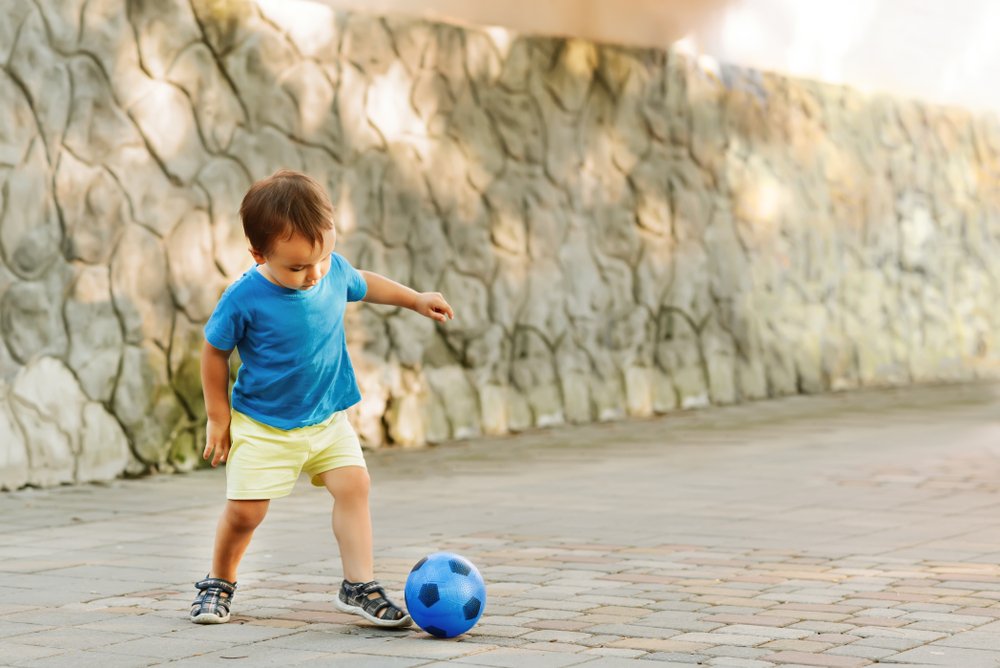
Key points: Kicking a ball is a significant physical and motor milestone for children around two years old. The development…
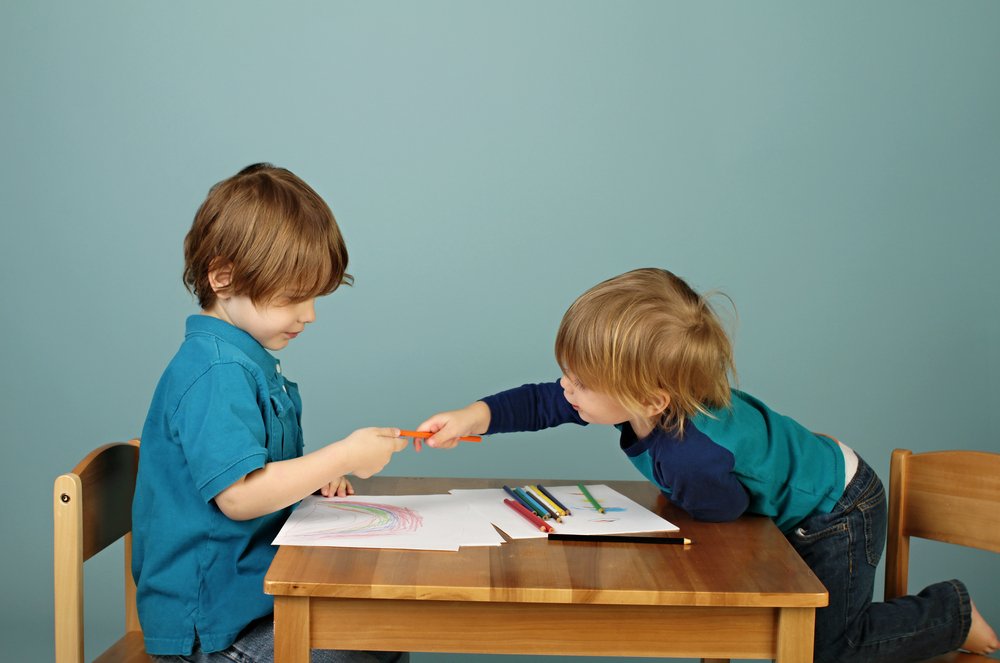
Key points: Understanding ownership is a crucial developmental milestone at around 29 months. Ownership is an abstract concept, vital for…

Key points: Play is an excellent way for children to learn, and wooden toys are a great option for open-ended,…
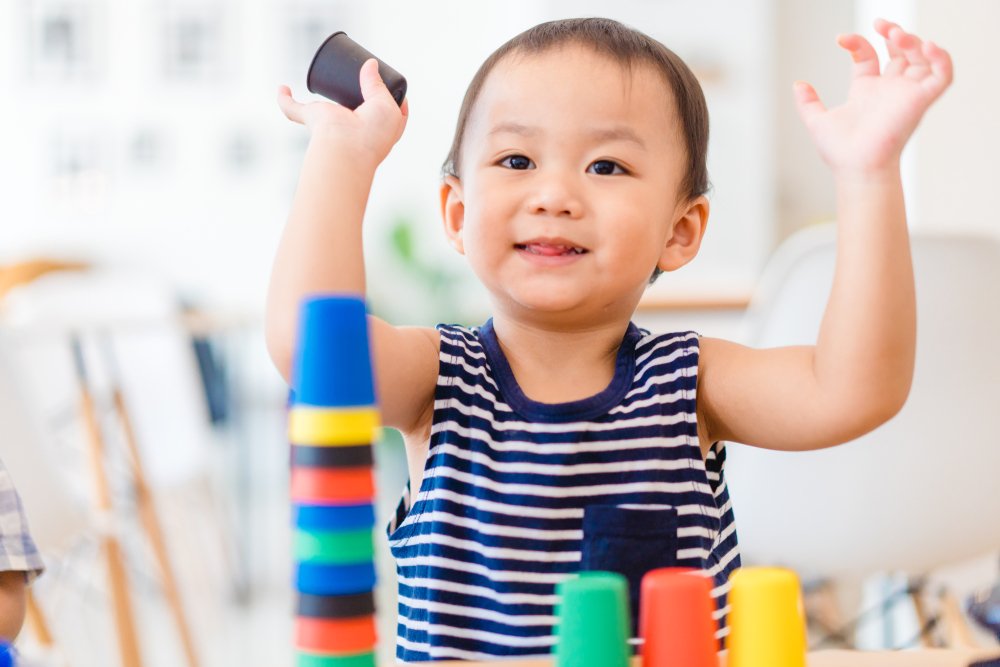
Key points: Early mathematical concepts in children are developed through their routines, experiences, and interactions with their environment and caregivers….
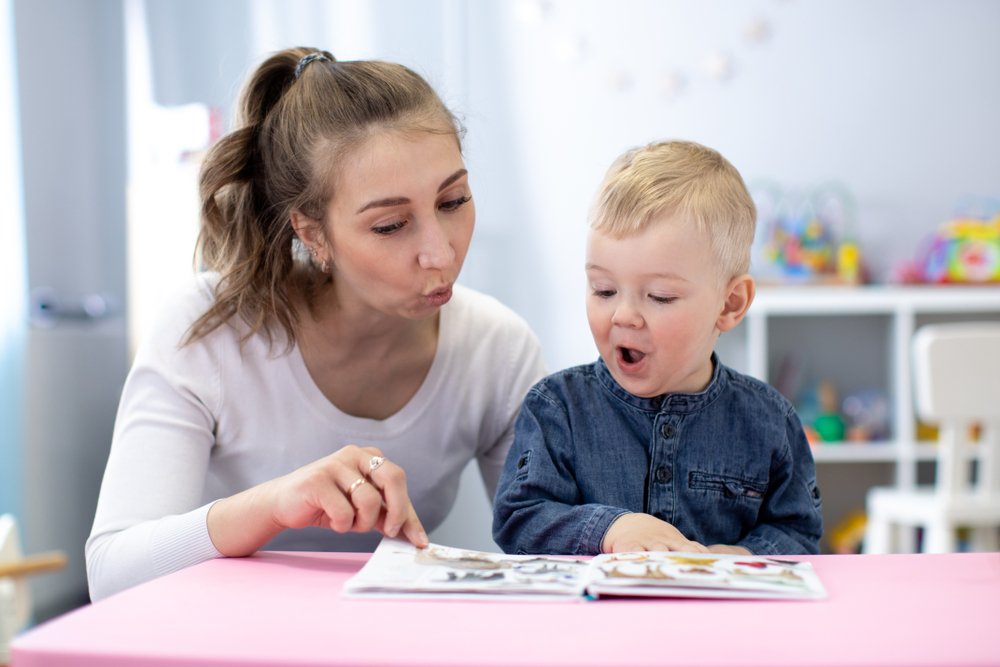
Key points:1. Consonant pronunciation development is crucial for speech and academic success.2. Alveolar consonants (t, d, n) are among the…

Key points:1. Phonology is the study of speech and word sounds in a child’s language development.2. It’s a cognitive skill…

Key points: Children’s muscles have a unique fiber that makes them less prone to fatigue during running. Encouraging short, high-intensity…
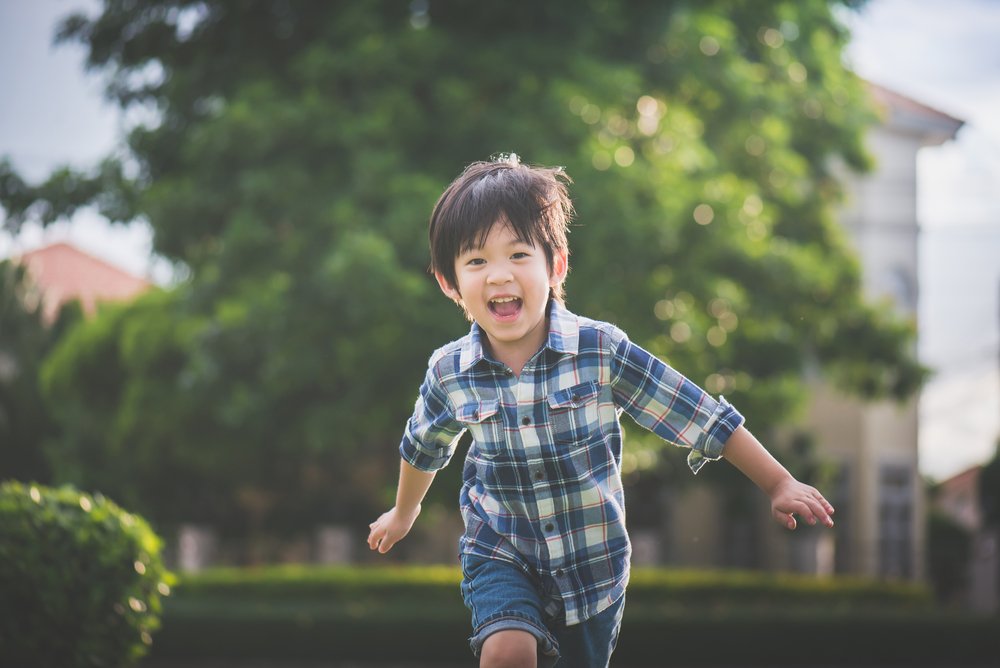
Key points: Running is a significant gross motor skill development milestone between 18-36 months. Encourage activities that improve balance and…

Key points: Language development in early childhood involves exposure to language and the natural emergence of grammar rules. Overregularization is…
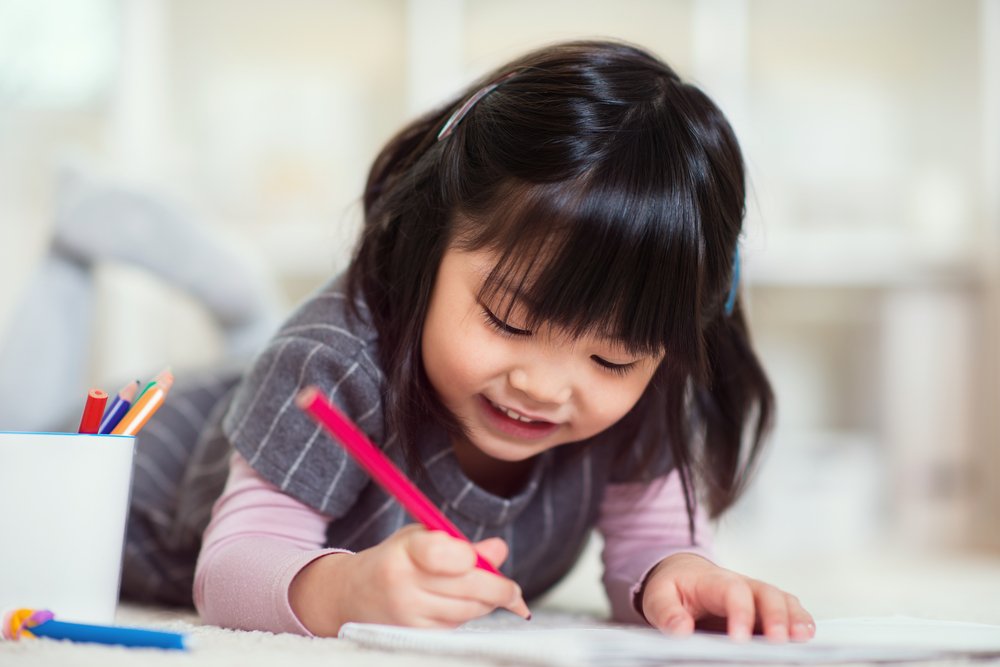
Key points: Drawing can foster fine motor skills in children, while the act of drawing and related language skills can…
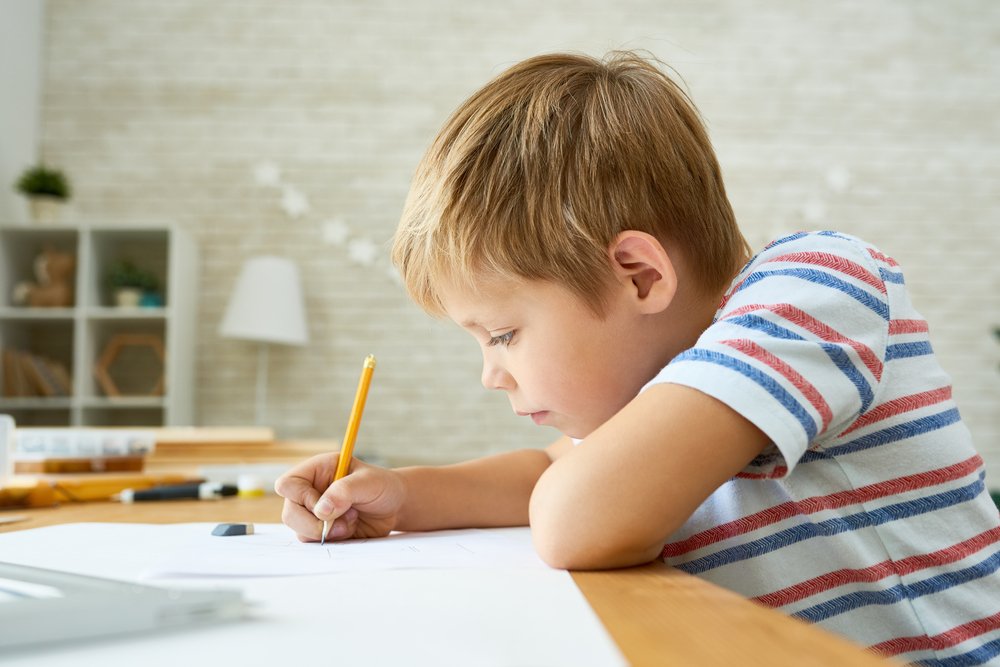
Key points: Preschoolers’ early writing skills can predict both their grades and their standardized test scores in second-grade reading and…

Key points: Lack of engagement can be a major curiosity killer for children, and engaging with them while they explore…
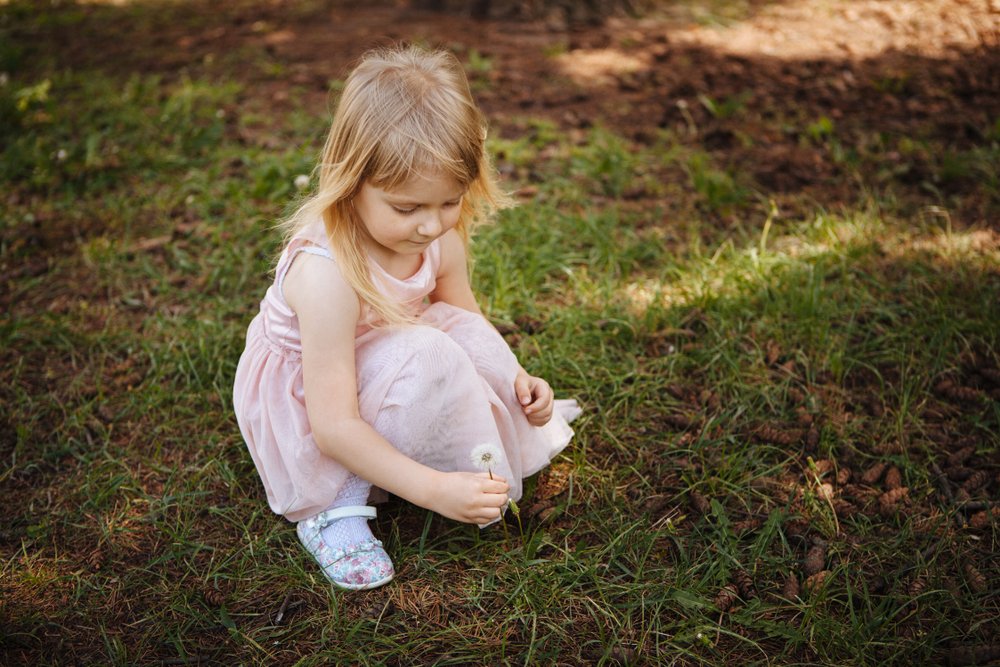
Key points: Early childhood exploration is key to learning, but parents may unintentionally restrict their child’s learning due to safety…

Key points: Fear helps us identify threats and has been a successful survival mechanism for centuries. Babies are born with…
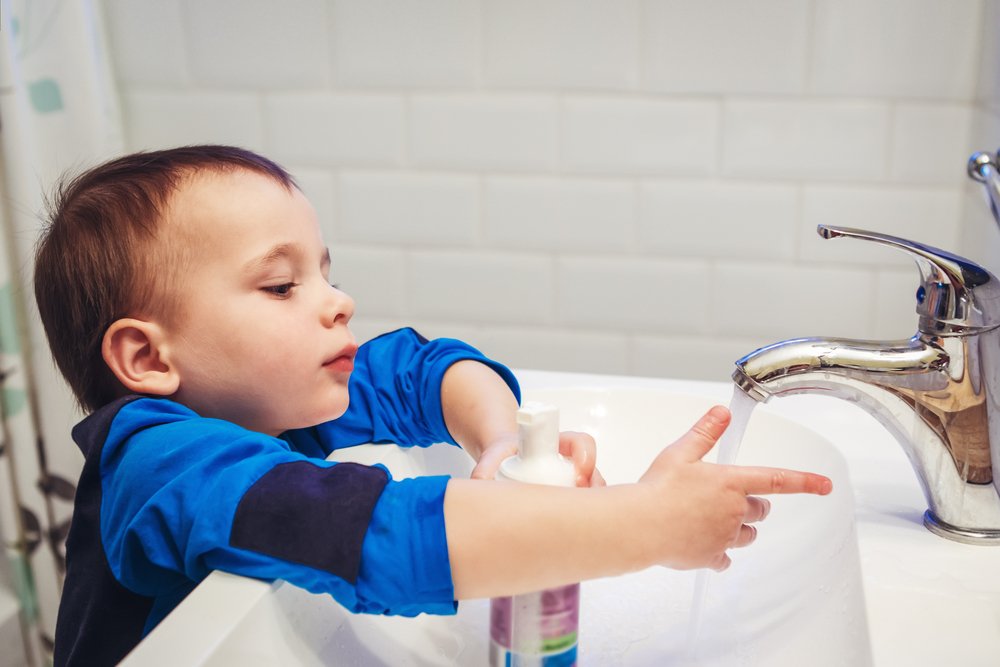
Key points: During the second year of a child’s life, their fine motor skills are still developing and new activities…
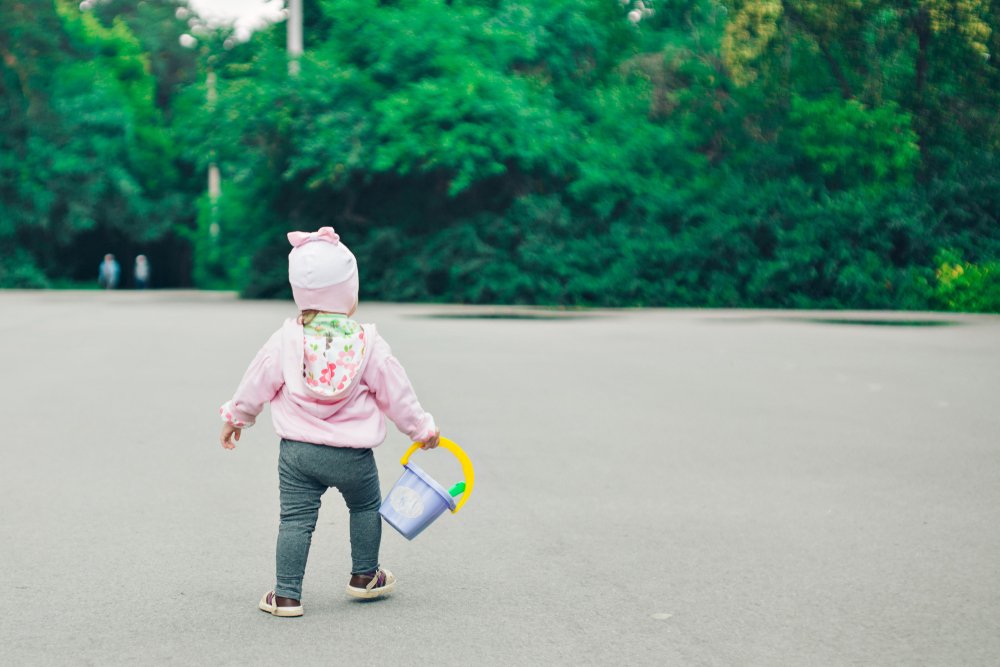
Key points: Holding objects while walking can actually improve a child’s balance, contrary to what one might think. A study…

Key points: Babies typically begin walking between the ages of 9 and 18 months, but all babies develop at their…

Key points: Establish clear ground rules for behavior and play during the gathering. Provide healthy, protein-rich snacks to keep the…
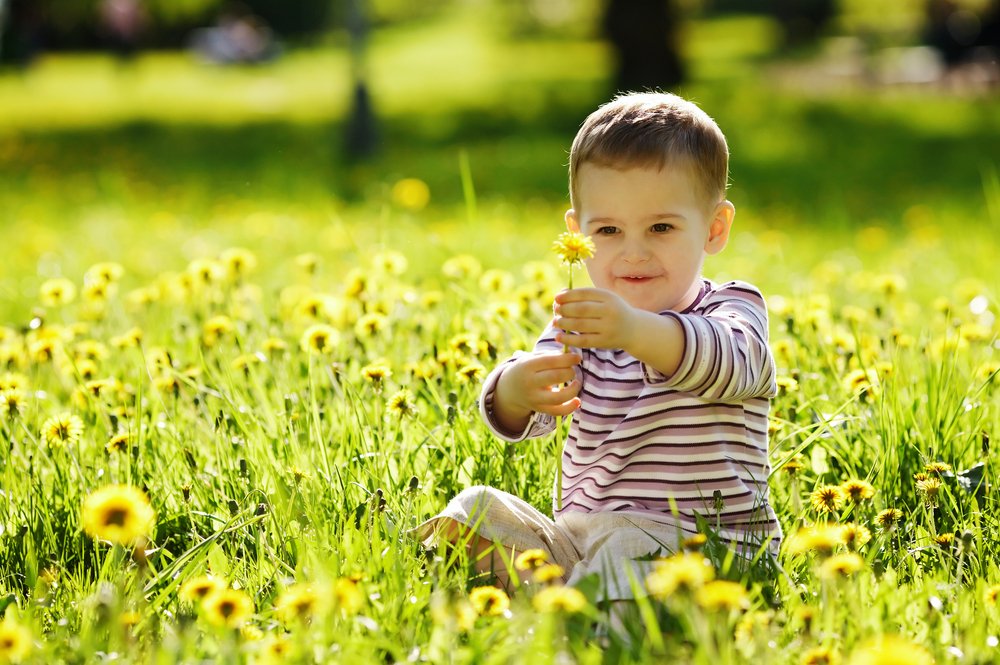
Children are born curious and as they grow their curiosity and learning grow with them. Curiosity has been characterized as…
Subscribe to our newsletter and join Kinedu’s community